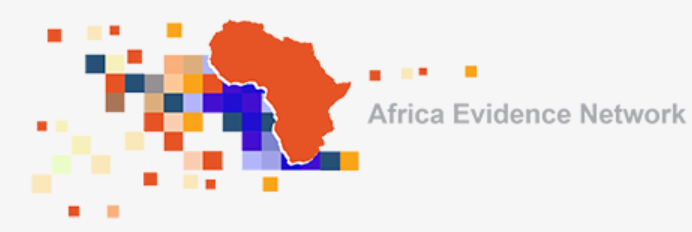
The first day of the 2014 Africa Evidence Network colloquium brought together over a hundred international and national delegates at the University of Johannesburg to discuss the theory and practice of EIDM in Africa. In her welcome remarks Prof Ruth Stewart highlighted this shared vision among the delegates and encouraged them to fully exploit the networking opportunities the colloquium will provide. During the course of the day, her presentation was followed by five additional speeches of government officials from Malawi, South Africa, and the UK. Each presentation paid testimony to the common consensus at the colloquium that research evidence has an important role to play in decision-making in Africa. Dr Goldman, Ms Mapula, and Ms Clark each showcased the evidence-to-policy approaches of different South African government departments. Mr Kayira from the Department of Local Government and Mr Barney from DFID complemented this set of government representatives.
A major thread running through each presentation was the idea of institutionalising the uptake of evidence in government. Dr Goldman highlighted that departments need to own research evidence in order to accept its findings and recommendations. Showcasing the negative consequence of not using evidence was also brought forward as a mechanism to encourage a culture of learning and evidence use. However, in an institutional environment that does not allow for the communication of mistakes, research evidence––external evaluations in particular––are likely to be perceived as threats. Institutionalising a value of evidence might since begin with the individual, an observation that Ms Clark underlined. A taste for learning and improving programme design might transform teachers and nurses into every day researchers, constantly exploring the impact and benefits of their daily activities and feeding this information back to policy-makers. Appointments of senior policy-makers could similar place a greater emphasis on core skills related to an understanding of research evidence.
Yet, evidence is diverse and delegates were clear about that research evidence does not have a monopoly on evidence. Different types of evidence will be required at different stages of the policy cycle. Further, policy-makers already use evidence when formulating policies. For instance, special advisors, think tanks, and lobbyists each feed evidence into the policy process. While research evidence does not have a monopoly on evidence, it is since nevertheless important to distinguish its particular rigour as a distinct characteristic. Research evidence is preferable to opinion and anecdote, and the combined results of many research studies will present a more comprehensive finding than the results of a single study. EIDM cannot treat all evidence alike.
Each presentation provided a case study of a government department actively seeking to use evidence to underline its policies. Day 2 of #AEN2014 will investigate whether the research domain can counter this commitment. Prof Lavis and Dr Erasmus will open the debate with a session on the role of research and M&E as a foundation of EIDM, after which a team from CLEAR will zoom in on the M&E aspect. In the afternoon, Phil Davis and Martina Vojtkova from 3ie will investigate evidence gap maps as a new tool for research synthesis and how it has been used in the domain of productive safety nets. Lastly, Mr Barney challenged #AEN2014 delegates to provide a piece of evidence that has changed their minds! Evidence suggestions are welcome on twitter or at the welcome desk in our suggestion box.